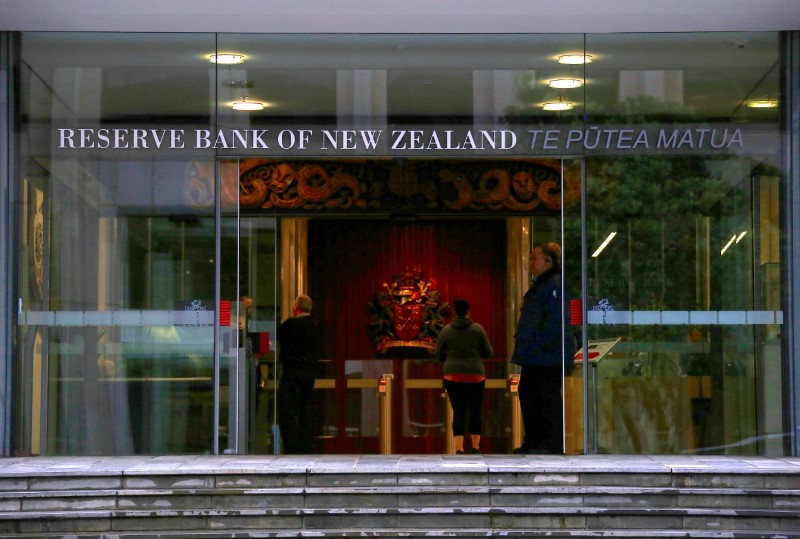By Ambar Warrick
Investing.com -- The Reserve Bank of New Zealand hiked interest rates as expected on Wednesday and forecast more increases in borrowing costs as the country grapples with higher inflation and the economic impact of Cyclone Gabrielle.
The RBNZ hiked its Official Cash Rate by 50 basis points to 4.75% - its highest level since late-2008. The move follows a record-high 75 bps hike by the central bank in November, although that move was also intended to front-load monetary policy tightening ahead of a three-month holiday.
The central bank warned that while there were early signs that inflation was somewhat easing, core consumer price inflation still remained too high in the country, and was likely to remain so in the near-term. CPI inflation stuck to a 32-year high of 7.2% in the fourth quarter of 2022.
As such, the OCR still needs to increase in order to bring inflation within the RBNZ’s target range. Annual headline inflation is expected to be 7.3% in the March 2023 quarter, remaining at similar levels as the prior quarter, and is only expected to reach the RBNZ’s 2% target by late-2025.
New Zealand is struggling with high inflation in the aftermath of the stimulus policies rolled out during the COVID-19 pandemic. The RBNZ was among the first central banks in the world to begin tightening policy after the pandemic, and has hiked interest rates by a cumulative 450 basis points since mid-2021.
The bank also warned that the impact of severe weather conditions, particularly Cyclone Gabrielle, is likely to push up inflation due to the additional strain on resources. Effects of the recent storms will push up quarterly inflation by about 0.3% in the March quarter and 0.3% in the June quarter this year, the RBNZ said in a statement.
The bank said that New Zealand’s gross domestic product is expected to decline by 1.1% over 2023, especially as interest rates rise and the labor market cools.
“Over the medium term, we assume that lower export prices, ongoing weakness in the housing market, a declining share of government spending in the economy, and higher interest rates in New Zealand will substantially slow domestic demand growth,” the RBNZ said in a statement.
The New Zealand dollar reacted positively to Wednesday's hike, rising 0.4% to $0.6234.
